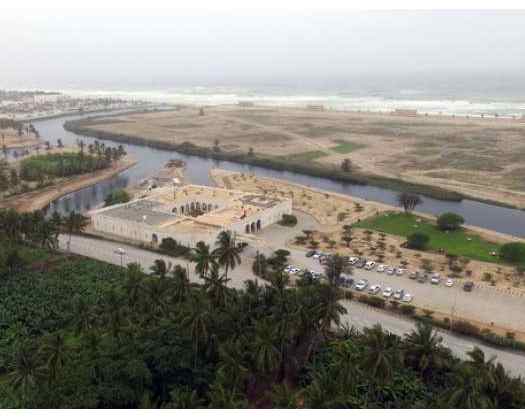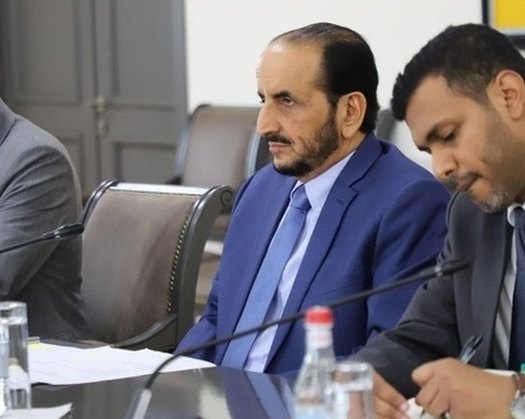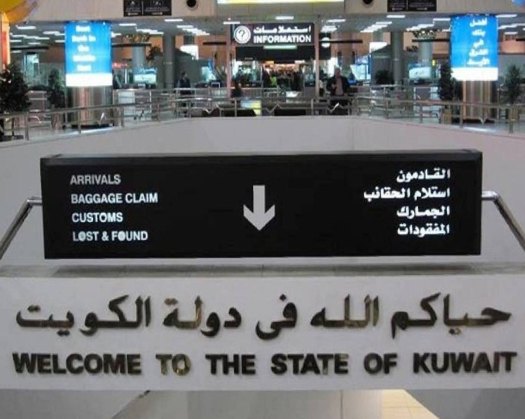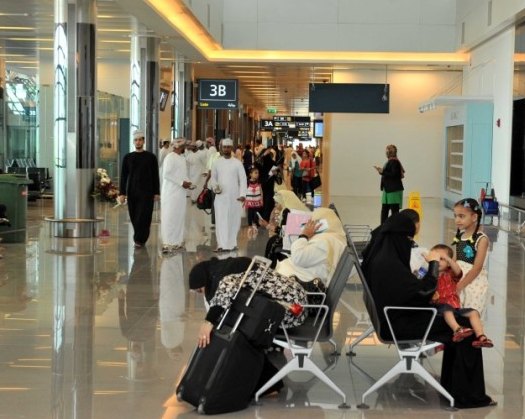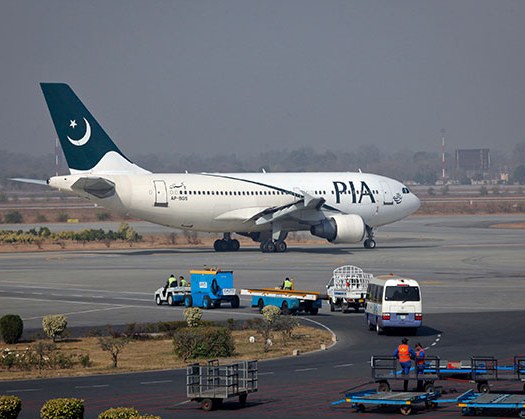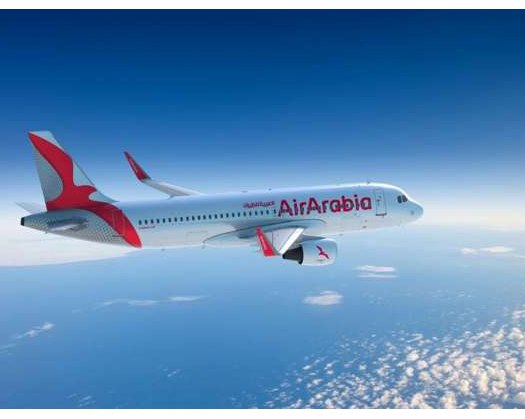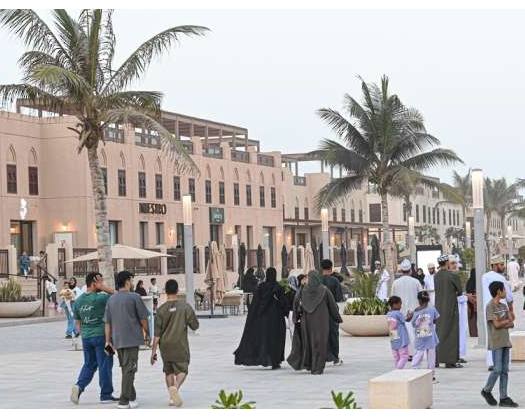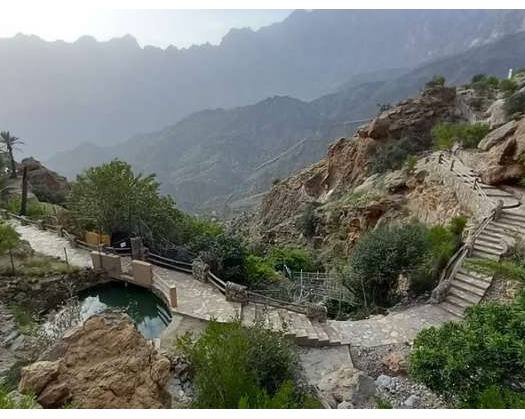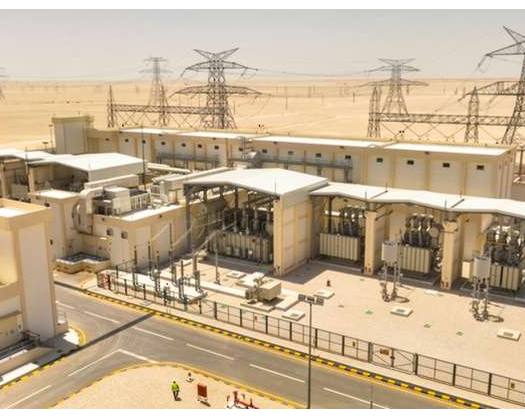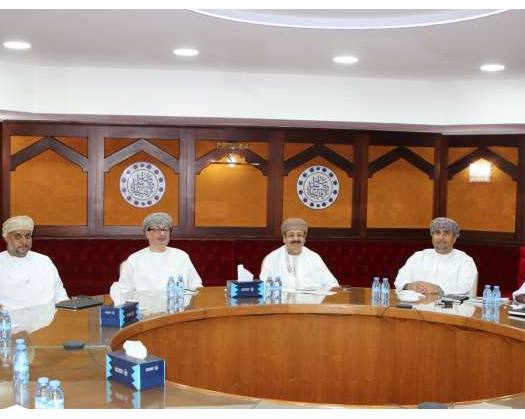Muscat: Russian nationals have conveyed their admiration for the Sultanate of Oman, emphasizing the richness of its environment and the harmonious blend of its history, cultural renaissance, and identity—factors that have drawn visitors globally for tourism, education, residency, and investment opportunities.
The allure of Oman lies in its stunning and varied landscapes, the integration of historical and contemporary elements, the safeguarding of its cultural heritage, the esteemed character of its citizens, and the nation’s stability and justice. These attributes have been highlighted by Russian citizens as key motivations for their travels to the Sultanate of Oman, situated in the far southeast of the Arabian Peninsula, bordered by the warm waters of the Arabian Sea and the Sea of Oman.
Martha Paramonova, a student at the Sultan Qaboos Institute for Teaching Arabic to Non-Native Speakers in the Wilayat of Manah, Al Dakhiliyah Governorate, remarked: “I discovered the Sultanate of Oman while working on a postgraduate research project. I was struck by its dedication to modern advancements, particularly in education and renewable energy. My friends encouraged me to visit Oman, which inspired me to learn Arabic independently.”
She further noted: “What sets Omani society apart is its dedication to preserving its history. This is both significant and praiseworthy, as many nations with rich historical backgrounds have struggled to maintain or restore their monuments. My friends and I were particularly impressed by Oman’s efforts to restore historical sites like Nizwa Fort, the ancient neighborhoods, and traditional markets. These places exude a strong sense of spirit and historical significance, encouraging frequent visits. I was also taken by similar initiatives in the Wilayat of Bahla, which features a restored fort and markets that effectively utilize these heritage sites for economic benefit.”
Martha discussed the elements of Omani national identity that she observed during her time in Al Dakhiliyah Governorate, highlighting aspects such as moral and social values, mutual respect, and the encouragement of tolerance, alongside various customs and traditions.
In Dhofar Governorate, the Oman News Agency interviewed two tourists from St. Petersburg, Russia. Ina shared her impressions, stating, “This is my first trip to the Sultanate of Oman, and I have been captivated by everything in this truly delightful country. The first thing that struck me was the warmth of the Omani people. They are incredibly friendly, safe, and accommodating, which we hadn’t anticipated before our arrival. I encourage everyone to come and experience it for themselves.”
Ina also praised the stunning sunsets in different tourist spots across Dhofar and noted the pristine condition of its beautiful beaches, which have maintained their natural allure. Many of these sites are in proximity to historical and cultural attractions, including Al Baleed Archaeological Park, which features some of the oldest cities in southern Arabia, the Museum of the Land of Frankincense, Samharam Archaeological Park, and the monument dedicated to the Chinese explorer Zheng He.
Yelena remarked, “This is my first visit to the Sultanate of Oman. I have been to an Arab country before, but this place feels like a fairytale. If you wish to experience a fairy tale, Oman is the place to visit.”
She shared her experiences exploring the tourist attractions in Dhofar Governorate, which allowed her to immerse herself in Bedouin culture, and expressed her admiration for Omani cuisine. She concluded, “If you’re wondering which country to visit, don’t rely solely on online searches. The hidden gems are always intriguing, and I look forward to returning to the Sultanate of Oman.”
Igor Egorov, the leader of the Russian community in Oman, highlighted the welcoming atmosphere for Russians in the country. “Oman is a very hospitable nation, a sentiment shared by all nationalities living here. Many members of the Russian community have resided in Oman for over 10 or 15 years.”
He remarked, “We feel at home here due to our shared values, including a commitment to tradition, a focus on family, and a deep respect for history and heritage. These attributes draw Russians to Oman.”
Egorov highlighted that community members appreciate Oman’s diverse natural attractions, ranging from desert camping and mountain climbing to beach relaxation. “Many reside near the coast, and we arrange group excursions to locations like Jebel Shams, Wadi Bani Khalid, Salalah, and Jabal Al Akhdar, particularly during the rose season.”
He also pointed out, “Over 50,000 Russian tourists travel to Oman each year, especially following the introduction of direct flights. We are also observing a rise in Omani tourists visiting Russia.”
He added, “I serve as an investor here, helping Russian companies set up their operations in Oman, whether in Muscat or the free zones. Russians are active in various sectors, including oil and gas, food, healthcare, and advanced technology. There is also considerable interest from Russian investors in tourism and real estate.”
Anna Popova, the head of the Russian House in the Sultanate of Oman, discussed the organization’s efforts to enhance relations between the two nations in culture, tourism, education, and business.
She stated, “This year, we hosted the Spring Festival in Muscat for the second time. Initially a Russian event, it took place last February and featured performances by 100 distinguished Russian artists, including music, dance, and singing, which were well-received by the audience. The festival also showcased an exhibition with Russian and Omani companies presenting traditional Omani products and included a photo booth. Visitors donned traditional Russian attire and winter hats while enjoying Russian cuisine. The event received support from the Ministry of Heritage and Tourism and the Ministry of Culture, Sports, and Youth, with Omani musicians and puppet shows contributing a unique element.”
She highlighted: “The bond between the two nations is rooted in the authenticity of their emotions and the warmth of their greetings; the smiles exchanged are genuine. Russian tourists are often taken aback by the hospitality of Omanis, while Omanis visiting Russia find themselves equally captivated by the depth of its culture.”
Anna remarked: “Oman's natural beauty and safety are invaluable assets. Russians are particularly drawn to the country's stunning landscapes—its expansive, serene beaches, majestic mountains, and remarkable peace. Furthermore, Oman is recognized as one of the safest places for families, which attracts Russians who are increasingly investing in coastal properties.”
She further noted: “We are in the process of organizing a business event on May 7 to connect Russian and Omani entrepreneurs. With a growing number of affluent Russians living in Oman, there is a shared interest in presenting luxury products and exploring new market opportunities in Russia.”
She elaborated: “We are promoting the Sultanate of Oman as a prime location for Russians to learn Arabic, thanks to the Omani universities that specialize in Arabic language and culture. We are also receiving inquiries from Omanis and residents interested in learning Russian—an interest we haven't encountered before. There is a renewed enthusiasm for studying in Russia, and we intend to introduce Russian language courses in Oman to help students achieve proficiency prior to their travels. Some Russian universities also provide programs in English.”
In terms of tourism, Anna Popova stressed: “Oman is gaining popularity among Russian travelers, and with Oman Air recently launching year-round flights to Russia, we anticipate a significant increase in tourism between the two nations. Russians have a fondness for the Royal Opera House Muscat, not only for its numerous Russian performances but also for its exceptional artistic offerings.”
Anna Popova concluded: “These initiatives embody a collective aspiration to enhance the friendship between our two countries—whether through the arts, education, or economic collaboration—building on historical ties that are now being revitalized.”

